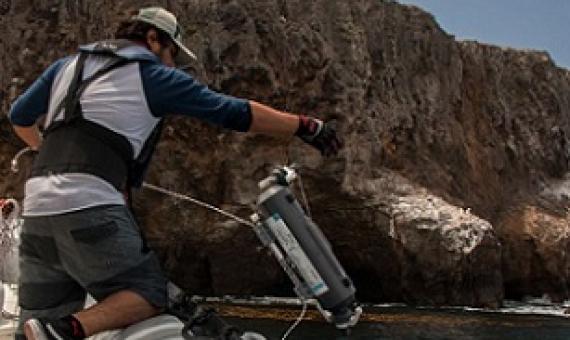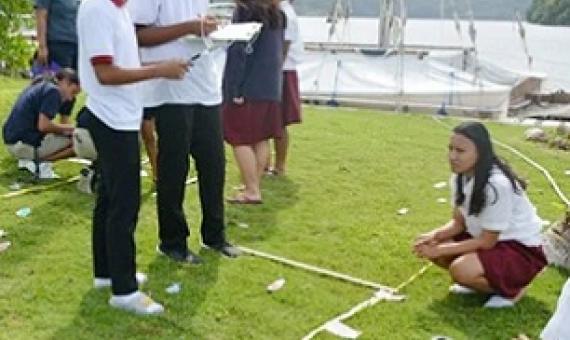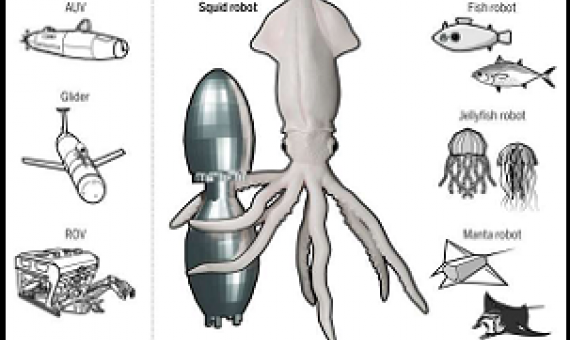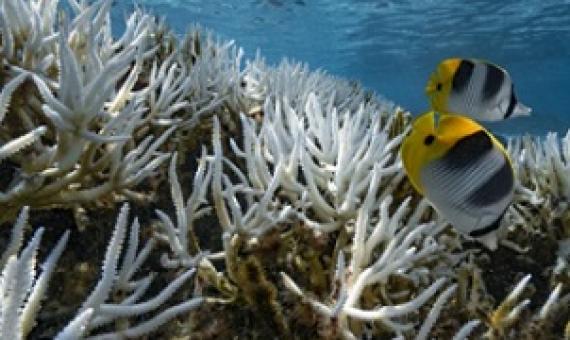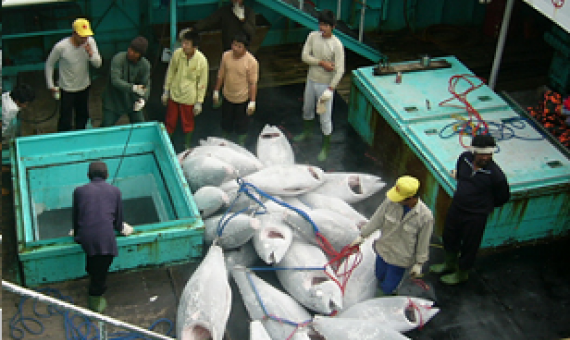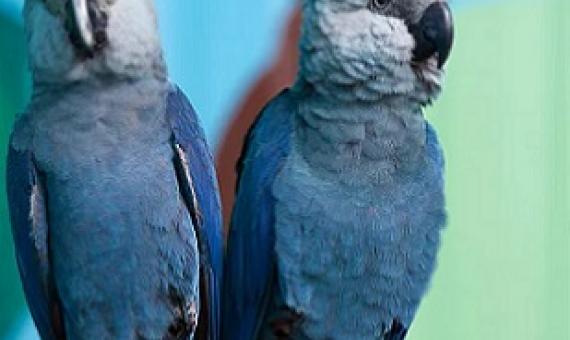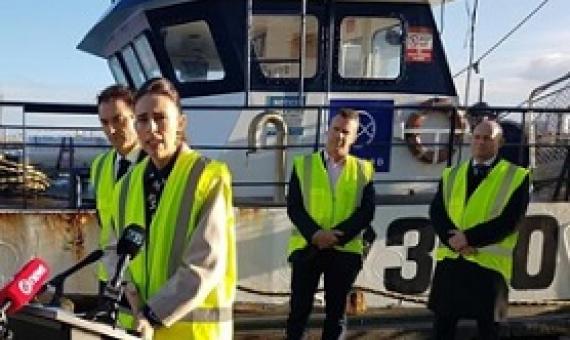eDNA metabarcoding as a biomonitoring tool for marine protected areas
Monitoring of marine protected areas (MPAs) is critical for marine ecosystem management, yet current protocols rely on SCUBA-based visual surveys that are costly and time consuming, limiting their scope and effectiveness. Environmental DNA (eDNA) metabarcoding is a promising alternative for marine ecosystem monitoring, but more direct comparisons to visual surveys are needed to understand the strengths and limitations of each approach.
